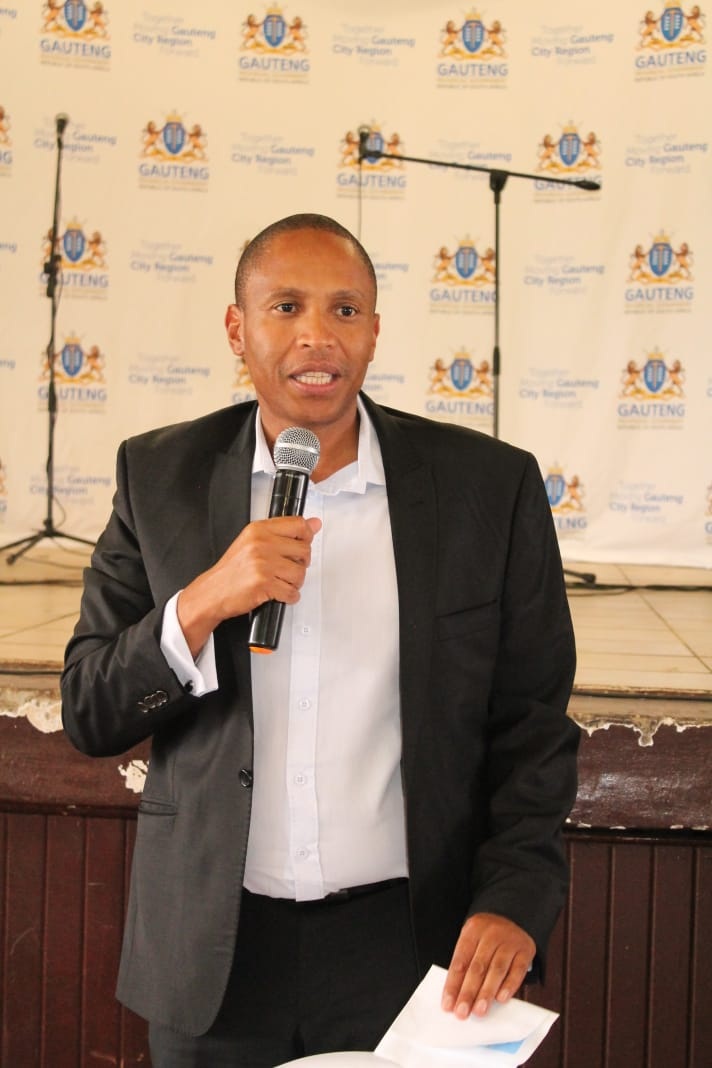By Jessica Migala and Madeline Howard
Emotional abuse can be incredibly hard to spot – even in your own relationship. Physical abuse is a more clear line, but emotional abuse can get downplayed or minimised by both the abuser and the person being abused, explains Lisa Marie Bobby, PhD, founder and clinical director at Growing Self Counseling & Coaching.
So, what actually qualifies as emotional abuse?
“Well, it manifests itself in a lot of ways. Emotional abuse can be subjective, meaning what qualifies as emotional abuse might look different in every relationship,” explains Jenni Skyler, PhD, a certified sex therapist, sexologist, and director of The Intimacy Institute.
“In general, emotional abuse is often behaviour that allows the abusive partner to exert power or control by being demeaning or invalidating, or preventing their partner from doing things they want to do, like spending time with friends and family or having a say in household finances.
“Emotional abuse can also happen under the guise of teasing, joking or telling it like it is,” explains Bobby.
Bobby adds that at the heart of this type of abuse is coercion: “There’s a fear that if you do something that displeases them, they won’t physically harm you, but there’s an implied threat.
“This might look like the abusive partner threatening to kill themselves if their partner leaves, or the abuser telling their partner they’ll never survive life without them. The real damage of abusive relationships many times comes from these psychological threats.”
Since emotional abuse may be harder to spot than physical trauma, here’s what different types of emotional abuse might look like:
Humiliation
“One way that your partner can be emotionally abusive is through humiliating you in public or in the privacy of your home. Perhaps, they’re always making jokes at your expense, or maybe they make a habit of criticising you in front of an audience,” says Janet Brito, PhD, a clinical psychologist and sex therapist in Honolulu.
“Whatever the comment is or where it’s made, it has a flavour to it,” Brito says.
“It’s supposed to make you feel bad about yourself. It’s supposed to be not nice,” adds Brito.
In short, the aim is to make you feel not only bad about yourself in the moment, but do long-term damage to your self-esteem, in order to cheapen your feelings of self-worth. This is a power move aimed at making you feel as if you’re not capable of something, or you’re not worth or worthy of attention or respect from others or your partner.
Denial
“Denial is a way to instil doubt in you,” Brito explains.
Picture it: You bring up a comment your partner made that hurt you. When they’re using the denial tactic, they might refuse to accept that they said the comment in the first place. Or perhaps when you confront them for isolating you from friends and family, they try to make you believe it’s your fault that your friends don’t want to see you more often.
Suddenly, the truth seems fuzzy. Ultimately, the point of denial is to make you doubt yourself and your own perception of the world, forcing you to rely on them for thoughts or explanations, according to Brito. They will become your source of “truth,” leading to an unhealthy pattern of self-doubt.
Criticism
“If your partner is constantly putting you down, you’re likely in an emotionally abusive and toxic relationship. It’s insidious, since one comment might not be a big deal, but little by little, the harassment crushes your self-esteem,” Brito clarifies.
It might look like them saying that the things you say or do are worthless, or perhaps they’re commenting negatively on your appearance. The more you hear that, the more you start to believe it’s true (even though it’s not). When you believe it’s true, you might start to think that your partner is the only person you have in your life, or that you’re not worthy of a better relationship, Brito says, which just draws you deeper into your abuser’s arms.
Control
Your partner might be controlling if they often try to limit what you’re allowed to do day-to-day. You might hear a lot from your partner about what you “can’t” do, Skyler says, along with lots of rigid boundaries that you do not agree with, but feel you must comply with so as not to upset them.
“Control is a way to keep you in check,” Brito explains. It extends to all aspects of your life, such as who you can see and where you can go. Your partner might even look at your phone to double check that you’re adhering to the rules they’ve put in place, Brito says.
Accusations and Blame
If you’re constantly fielding out-of-nowhere accusations and blame from your partner, it’s another strong sign of emotional abuse in the relationship. Most of the time, a partner who is constantly dolling out these complaints is feeling their own “guilt and shame,” Brito says.
To deal with this, “they’re going to pass it over to you and accuse you,” Brito explains, so that they can regain a sense of control. As a deflection, your partner might even blame you for things they’ve done themselves, Brito notes. For example: Perhaps your partner has been engaging in infidelity? They might start accusing you of cheating, essential deflecting from their own behaviour.
Co-dependency
In an emotionally abusive relationship, co-dependency can work two ways. For some people, their abuser makes it so that they are completely dependent on them for all their needs: Finances, friendship, emotional support, shelter and more.
In other cases, your partner is being emotionally abusive in that they are completely dependent on you. Perhaps they make you put their needs before your own all the time, such as “making you finance their car payment before you pay your rent”. Or, they make you drop them off at work, which, in turn, makes you late to your shift.
Overall, co-dependency can manifest in a variety of way, but it typically means the relationship is severely unbalanced.
Emotional Neglect
This kind of emotional abuse isn’t always intentional, Skyler says, although that doesn’t make it any less serious. Partners who are emotionally neglectful oftentimes “don’t have the capacity to show up emotionally”.
When there’s conflict in your relationship, they’ll “turtle up,” which means they might self-isolate, leave the house, refuse to speak with you, and more.
It’s possible that they’ll even disappear for days “as a weapon” as if they’re attempting to manipulate you into seeking them out or feeling sorry for them. All in all, emotional neglect is another way to control you and give them the upper hand in your relationship.
Isolation
Yes, your partner might be standing in the way of your relationships and keeping you isolated on purpose.
“Abusive relationships are supported by isolation,” says Bobby.
“Getting an outside perspective on your relationship can help shed some much-needed light on what’s really happening, which is why the abuser may actively prevent friends and family from having access to you.
“At the same time, it can also look completely differently. The abuser may portray you as bad or wrong in an effort to have family members turn against you, making you feel like you’re in the wrong, or that you don’t have a support system.” – womenshealthmag.com
Consider her a partner
Yes, you are called by God to be the leader of your family. Don’t mistake that calling to read God wants you to be the dictator of your family. Seeing your wife as the equal partner she is will make your marriage so much more enjoyable than if you see her as a grownup version of your kids– someone that is dependent on your guidance and instruction to make sense of this world.
Be forgiving and understanding
Don’t hold a grudge. Definitely don’t use the silent treatment. And never “punish” your wife for mistakes she makes. I’m going to let you in on a little secret, so come close, so no one else hears…a little closer…you make mistakes every day. I know. It surprised me too. Because we need understanding and forgiveness almost daily, we better be quick to give it back in return. Of course, your wife will make mistakes but always assume she has good intentions. I can almost promise you your wife doesn’t want to hurt you intentionally. So, if your goal is a happy marriage, offer forgiveness rather than a fight when she messes up.
Say, “I’m sorry”
These truly are magic words. They can bring healing quicker than almost anything out there. If you and your wife are at a standoff, be the first one to say I’m sorry. It has an amazing way of breaking down walls and restoring relationships.
Remember that last point; you are called to lead your family. Lead the way on this point as well, be the first to say these magical words.
Marriage isn’t perfect
Every day won’t be a happy day in your marriage. But if you put in the effort and give these above suggestions a try, you will have a happier marriage overall. It makes for a more enjoyable life as well.
– manhoodjourney.org





